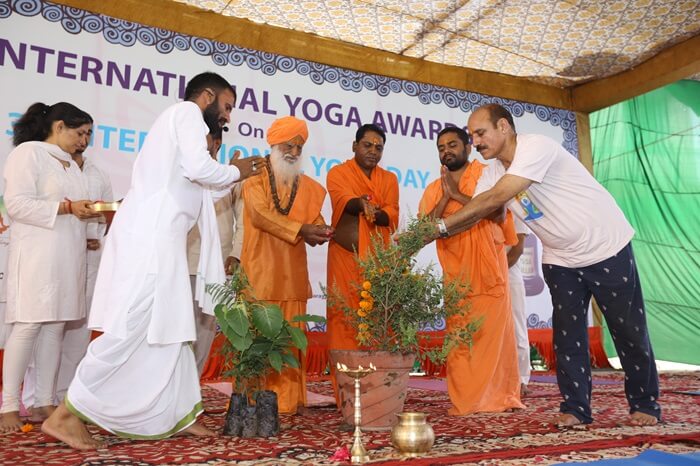Understanding the Yoga Sutras: A Guide for Contemporary Yogis
Yoga is a vast and profound concept, and Sage Patanjali, the father of yoga, compiled the ancient science of life into the Yoga Sutras for a better understanding in modern times. Observing the increasing complexity and diversification of yoga, Patanjali synthesized its core aspects into a format known as the Yoga Sutra.
The Yoga Sutras consist of 195 aphorisms—words of wisdom, inspiration, and direction—that guide us on how to live a fulfilling and meaningful life. The Sutras serve as a thread or formula that all yogis strive to implement in its original form.
Patanjali provided this thread to masters, enabling them to weave their unique styles and interpretations into their practices. While the Sutras are essential, they are not the ultimate goal; each individual must create their own path toward realization and enlightenment.
The teachings of the Yoga Sutra form the foundation of every yoga style and practice, highlighting its relevance in daily living. Despite being written centuries ago, the Yoga Sutras remain pertinent to modern yogis as a timeless guide.
The Eightfold Path of Yoga

The Yoga Sutras outline the Eightfold Path, also known as the Eight Limbs of Yoga, which include:
- Yama (Moral Discipline or Restraints)
- Ahimsa (Non-Violence)
- Satya (Truthfulness)
- Asteya (Non-Stealing)
- Brahmacharya (Chastity)
- Aparigraha (Non-Possessiveness)
- Niyama (Observances)
- Shaucha (Self-Purification)
- Santosha (Contentment)
- Tapas (Self-Discipline)
- Svadhyaya (Self-Study)
- Ishvara Pranidhana (Self-Surrender)
- Asana (Posture)
- Pranayama (Breathing Techniques)
- Pratyahara (Sense Withdrawal)
- Dharana (Concentration)
- Dhyana (Meditation)
- Samadhi (Salvation or Enlightenment)
Relevance of Yoga Sutras to Modern Practice
Several Yoga Sutras are particularly relevant to contemporary yogis:
- yogas citta-vrtti-nirodhah: Yoga is the control of the mind. Practicing yoga calms the mind, reduces stress, and is essential for mental well-being in today’s fast-paced world.
- tatra sthitau yatno ‘bhyâsah: Yoga practice requires effort and consistency to achieve stability and tranquility. A regular practice helps a yogi build a solid foundation for growth.
- sa tu dîrgha-kâla-nairantarya-satkârâsevito drdha-bhûmih: Long-term and consistent practice leads to a stable and rooted practice.
- pracchardana-vidhârañâbhyâm vâ prâñasya: Regulating the breath, particularly exhalation, calms the mind and body, aiding in stress relief and daily challenges.
- yama-niyamâsana-prâñâyâma-pratyâhâra-dhârañâ-dhyâna-samâdhayo ‘stâv angâni: The Eightfold Path of Yoga includes ethical guidelines, self-training, and meditation, which improve both practice and daily living.
- ete jâti-desa-kâla-samayânavacchinnâh sârva-bhaumâ mahâvratam: These practices create a powerful and strong way of living, beneficial for everyone.
- sauca-santosa-tapah-svâdhyâyesvara-prañidhânâni niyamâh: Cleanliness, discipline, contentment, self-study, and surrender are essential Niyamas that contribute to a healthy, happy life and higher awareness.
Conclusion
Integrating the teachings of the Yoga Sutras into daily life can profoundly transform your practice and overall well-being. By embracing the Eightfold Path and applying these ancient principles, modern yogis can achieve greater mental clarity, emotional stability, and personal growth. Whether you’re seeking to deepen your practice or simply improve your quality of life, the Yoga Sutras offer timeless wisdom and guidance.
To explore these teachings further and incorporate them into your life, consider joining a Yoga Teacher Training in India, which provides in-depth insights into the Yoga Sutras and practical applications for modern living. For a more comprehensive experience, you can also explore 300-hour and 500-hour programs. Additionally, rejuvenate your mind and body with an Ayurveda Retreat in India or a Yoga Retreat in India.














